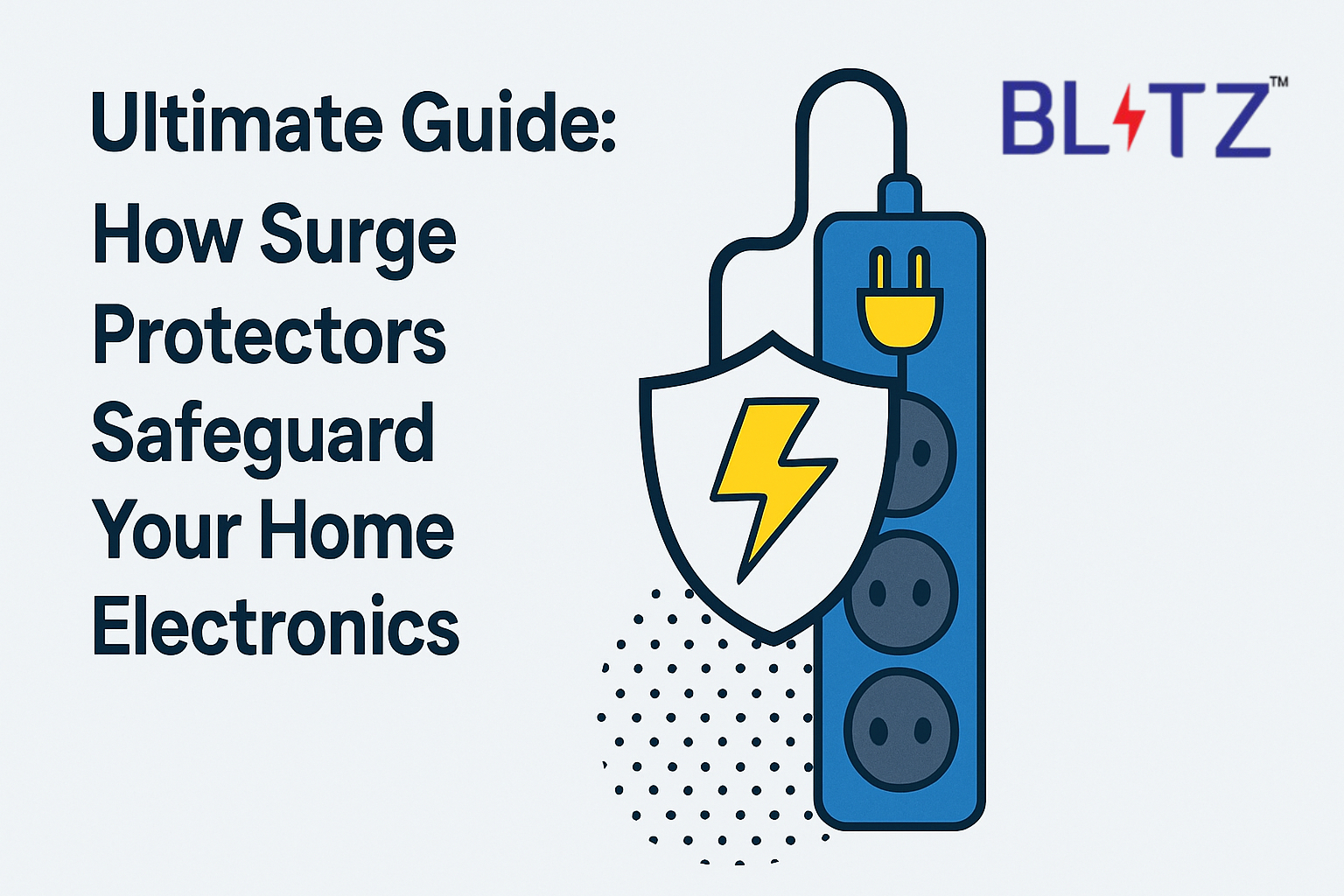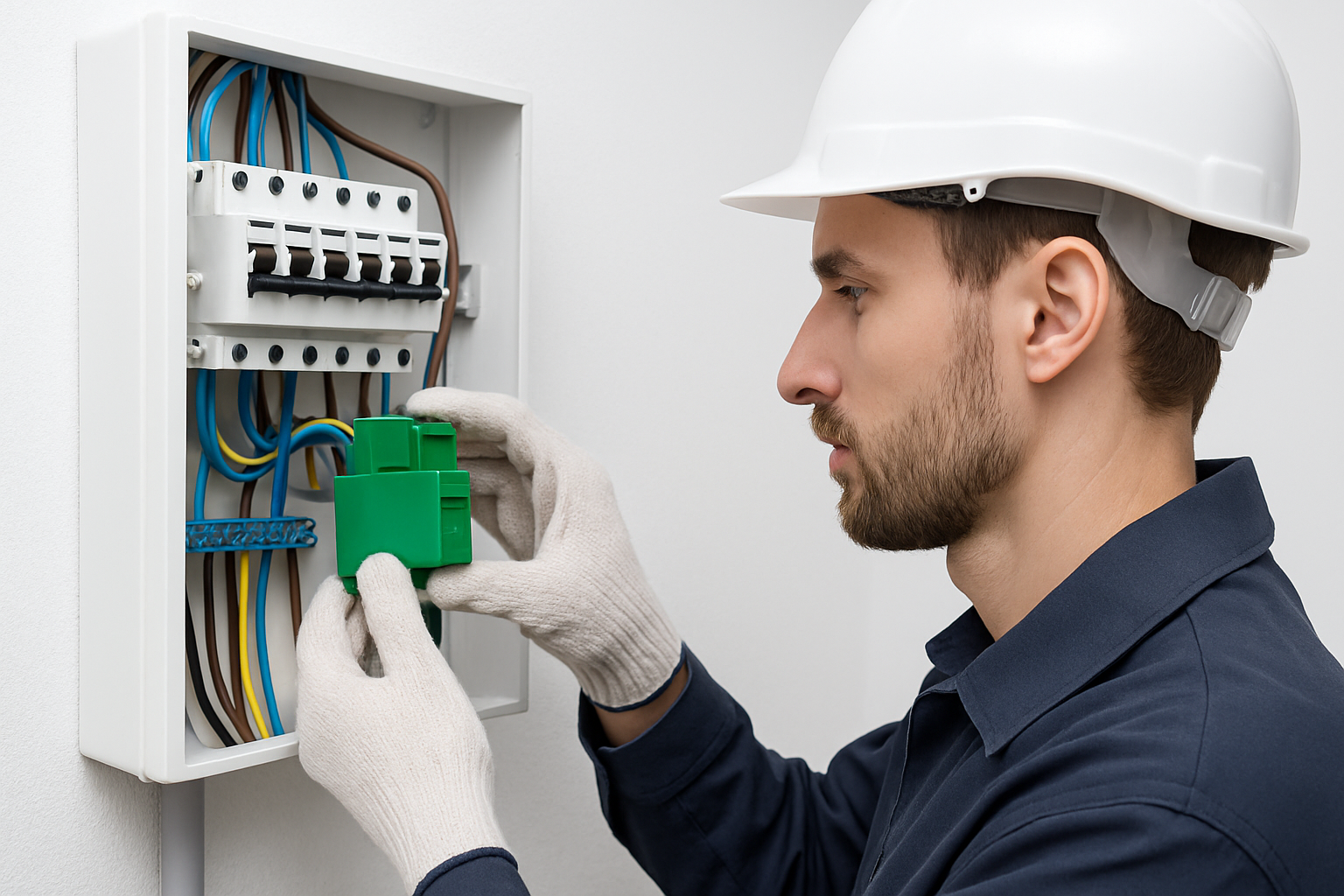
Do Modern Homes Still Use Fuses? Everything You Should Know
Discover whether modern homes still use fuses, how they work, and what alternatives exist for safe electrical systems.
Do Modern Homes Still Use Fuses? Everything You Should Know
In a world where the home electrical system ever changes, a common question that many a homeowner would ask is whether fuses still play a role in the home setting or not. Fuses may appear to be a byword with the use of circuit breakers prevailing in the electrical layouts. Nevertheless, it is important to know what fuses are and what their benefits and substitutes are so that a person can have a safe and efficient electrical system at home. This blog discusses all the things you should be aware of fuses, their applicability in this day and age and how they would compare with other contemporary solutions such as circuit breakers.
What Are Fuses?
A fuse is a safety mechanism that is provided to ensure that the circuit of electricity does not experience an overload of current; this may cause overheating, fire or damage of electric appliances. It is comprised of a very fine metal strip or wire, which cannot take excessive current passing through it without melting and breaking the circuit through which electricity flows.
Fuses are more than 100 years old and were also the main process of overcurrent protection in homes and industries. They are cheap, dependable, and efficient and should be a part of electrical safety.
How Do Fuses Work?
Fuses operate in a basic principle, they melt in the presence of too much current.
Normal Operation: Electricity passes through the fuse in an uninterrupted way.
Overload Situation: In the event the current flowing is more than the stated capacity of the fuse, the metal strip becomes hot.
Interruption: After the strip has melted the circuit is broken and the flow of electricity is stopped and this will protect the wiring and appliances.
Fuses are generally rated in amperes (A), and these figures represent the maximum values of current that they can comfortably transfer.
Types of Fuses
To this day, fuses are available in different types, with each type having its application:
- Cartridge Fuses: Cylindrical fuses working in appliances, industrial machines and in distribution boards.
- Blade Fuses: These are used in automobiles and in small electronics.
- Glass Tube Fuses: This is widely used in domestic applications in electronics and appliances.
- Ceramic Fuses: These are designed to carry larger currents and also they are more heat resistant.
Are Fuses Still Used in Modern Homes?
Yes, Circuit breakers are now more convenient, reusable, and safer and are used in modern homes. Circuit breakers can be re-set when they have tripped but fuses cannot be re-used. Fuses are however also used in some niche applications:
- Houses which are older and have not been equipped with modern electric power.
- Particular appliances which demand special overcurrent protection.
- Isolated circuits where a simple fuse is sufficient.
Fuses may be smaller and more economical to protect minor installations, and that is why they are not entirely gone.
Fuses vs. Circuit Breakers: Which Is Better?
Understanding the difference between fuses and circuit breakers helps homeowners make informed decisions:
| Feature | Fuses | Circuit Breakers |
|---|---|---|
| Reusability | Single-use, must be replaced | Reusable, can be reset |
| Cost | Low | Higher initial cost |
| Speed | Extremely fast in tripping | Slightly slower than fuses |
| Size | Compact | Bulkier |
| Precision | Good for exact current limits | May have tolerances |
| Maintenance | Replace after blowing | Minimal, just reset |
Circuit breakers have largely replaced fuses because they are safer, easier to maintain, and more versatile. That said, fuses are still preferred in some applications for their speed and accuracy in current protection.
Advantages of Fuses
Even with modern alternatives, fuses offer certain benefits:
- Quick Protection: Fuses will eliminate electricity almost instantly when there is an overload by disrupting the flow of electricity to keep circuits and devices safe.
- Cost Effective: Fuses are cheap and can be used in uncomplicated, small electrical.
- Reliable Operation: Fuses are not easily misbehaved as a result of mechanical complications and are therefore stable.
- Space-Saving Design: This is because they are small enough to fit in appliances/equipments on a restricted space.
Disadvantages of Fuses
Fuses also have limitations, which is one of the reasons they are less common in modern homes:
- Single-Use: Fuses are required to be replaced once they have been blown and this is inconvenient.
- Hard to Troubleshoot: A circuit with a complex circuit board could take some time to locate the fuse that is blown.
- Limited Features: Circuit breakers include extra protection features, such as earth fault and surge protection.
When Should You Replace Fuses With Circuit Breakers?
Whether or not your house still has fuses in the main electrical panel, if:
- You have frequent blackouts because of short circuited fuses.
- At home you possess appliances with a lot of power, such as an air conditioner, an electric oven or a heater.
- You desire the safety features of modern times such as residual current devices (RCDs) or ground fault protection.
- You are going to work harder on the electrical load of your home.
Replacing a circuit breaker panel with a better circuit breaker panel is a way to enhance safety and to also enable easier and convenient maintenance.

FAQs About Fuses in Modern Homes
Conclusion
Although the use of fuses in most of the homes has been overtaken by circuit breakers, they have some importance in certain situations. Knowledge of their function, their types, and their comparison to the use of breakers can enable home owners take rational choices in regard to the electrical safety. In the event that your house still has uses fuses in the main breaker, it might be time to think about an upgrade with modern breakers that are safer, convenient and provide more protection.
Fuses might be outdated, but they still make some contribution to our electrical world- telling us that sometimes it is possible to be simple and reliable, and still be on the same page as modern-day innovation.




